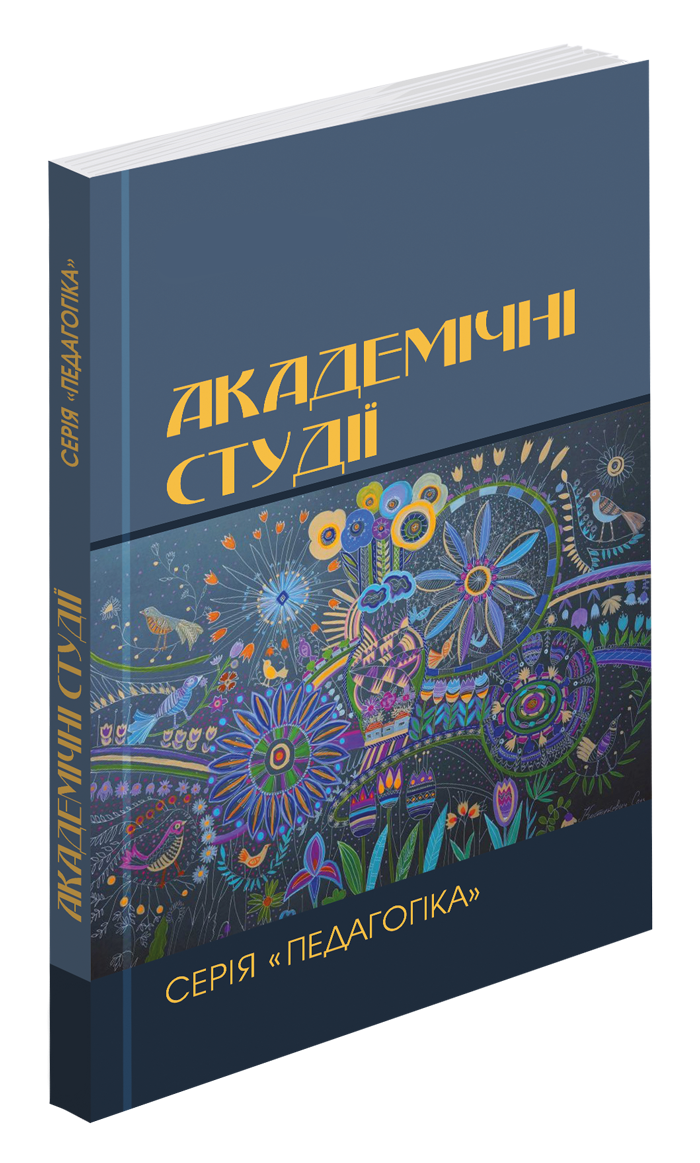Abstract
The extremely rapid development of artificial intelligence (AI) has significantly transformed the methods and principles of tasks and study material creation in the educational system in general and in higher education in particular. AI-powered tools such as ChatGPT, Writesonic, Grammarly, Voicebooking, and AI Studio have become widely used in task formation, academic writing, research, content summarization, and accessibility solutions. These tools use natural language processing (NLP) and machine learning algorithms to assist students and teachers in producing well-structured, high-quality texts while improving the efficiency and productivity of education.The article presents a comprehensive analysis of AI text generation services and their applications in modern higher education. The five prominent AI tools were evaluated with an emphasis on the characteristics, advantages, and disadvantages of their assistance in academic assignment creation. A comparative analysis explores their effectiveness in generating coherent content, refining writing style, detecting grammatical errors, summarizing research papers, and enhancing accessibility through text-to-speech capabilities.The survey of scientific sources depicts the present scholarly discussion about AI-driven text generation services.Important topics studied in them include how AI may improve academic writing, how it might offer individualized learning experiences, and ethical issues including data privacy, plagiarism threats, and excessive dependence on AI-generated content. Even while AI-powered tools have many advantages, questions remain about how they may affect students’ critical thinking and academic integrity. While AI-powered tools offer tremendous benefits and advantages, concerns remain regarding their impact on academic integrity and critical thinking skills.In order to illustrate AI’s adaptability at modern higher educational institutions, the study also includes the search of its usage in administrative duties, research support, and accessibility. To ensure ethical and successful adoption, educational institutions must create explicit rules for responsible AI usage and incorporate AI literacy into the curriculum as AI text generation continues to develop and advance. By providing insights into the long-term effects of AI on education and academic integrity, this study adds to the continuing conversation about the technology’s potential and difficulties in higher education.
References
Dempere, J., Modugu, K., Hesham, A., & Ramasamy, L. K. (2023). The impact of ChatGPT on higher education. Frontiers in Education, 8. https://doi.org/10.3389/feduc.2023.1206936.
Funa, A. A., & Gabay, R. a. E. (2024). Policy guidelines and recommendations on AI use in teaching and learning: A meta-synthesis study. Social Sciences & Humanities Open, 11, 101221. https://doi.org/10.1016/j.ssaho.2024.101221.
Lawasi, M. C., Rohman, V. A., & Shoreamanis, M. (2024). The use of AI in improving student’s critical thinking skills. Proceedings Series on Social Sciences & Humanities, 18, 366–370. https://doi.org/10.30595/pssh.v18i.1279.
Malik, A. R., Pratiwi, Y., Andajani, K., Numertayasa, I. W., Suharti, S., Darwis, A., & Marzuki, N. (2023). Exploring Artificial Intelligence in Academic Essay: Higher Education Student’s perspective. International Journal of Educational Research Open, 5, 100296. https://doi.org/10.1016/j.ijedro.2023.100296.
Mulaudzi, L.V., Hamilton, J. Lecturer’s Perspective on the Role of AI in Personalized Learning: Benefits, Challenges, and Ethical Considerations in Higher Education. J Acad Ethics (2025). https://doi.org/10.1007/s10805-025-09615-1.
Rudolph, J., Tan, S., & Tan, S. (2023). ChatGPT: Bullshit spewer or the end of traditional assessments in higher education? Journal of Applied Learning & Teaching, 6(1). https://doi.org/10.37074/jalt.2023.6.1.9.
Treve, M. (2024). Integrating Artificial Intelligence in Education: Impacts on student learning and innovation. International Journal of Vocational Education and Training Research, 10(2), 61–69. https://doi.org/10.11648/ j.ijvetr.20241002.14.
Wang, C. (2024). Exploring Students’ Generative AI-Assisted Writing Processes: Perceptions and Experiences from Native and Nonnative English Speakers. Technology Knowledge and Learning. https://doi.org/10.1007/ s10758-024-09744-3.
Werdiningsih, I., Marzuki, N., & Rusdin, D. (2024). Balancing AI and authenticity: EFL students’ experiences with ChatGPT in academic writing. Cogent Arts and Humanities, 11(1). https://doi.org/10.1080/23311983.2024.2392388.
Zhai, C., Wibowo, S., & Li, L. D. (2024). The effects of over-reliance on AI dialogue systems on students’ cognitive abilities: a systematic review. Smart Learning Environments, 11(1). https://doi.org/10.1186/s40561-024-00316-7.

